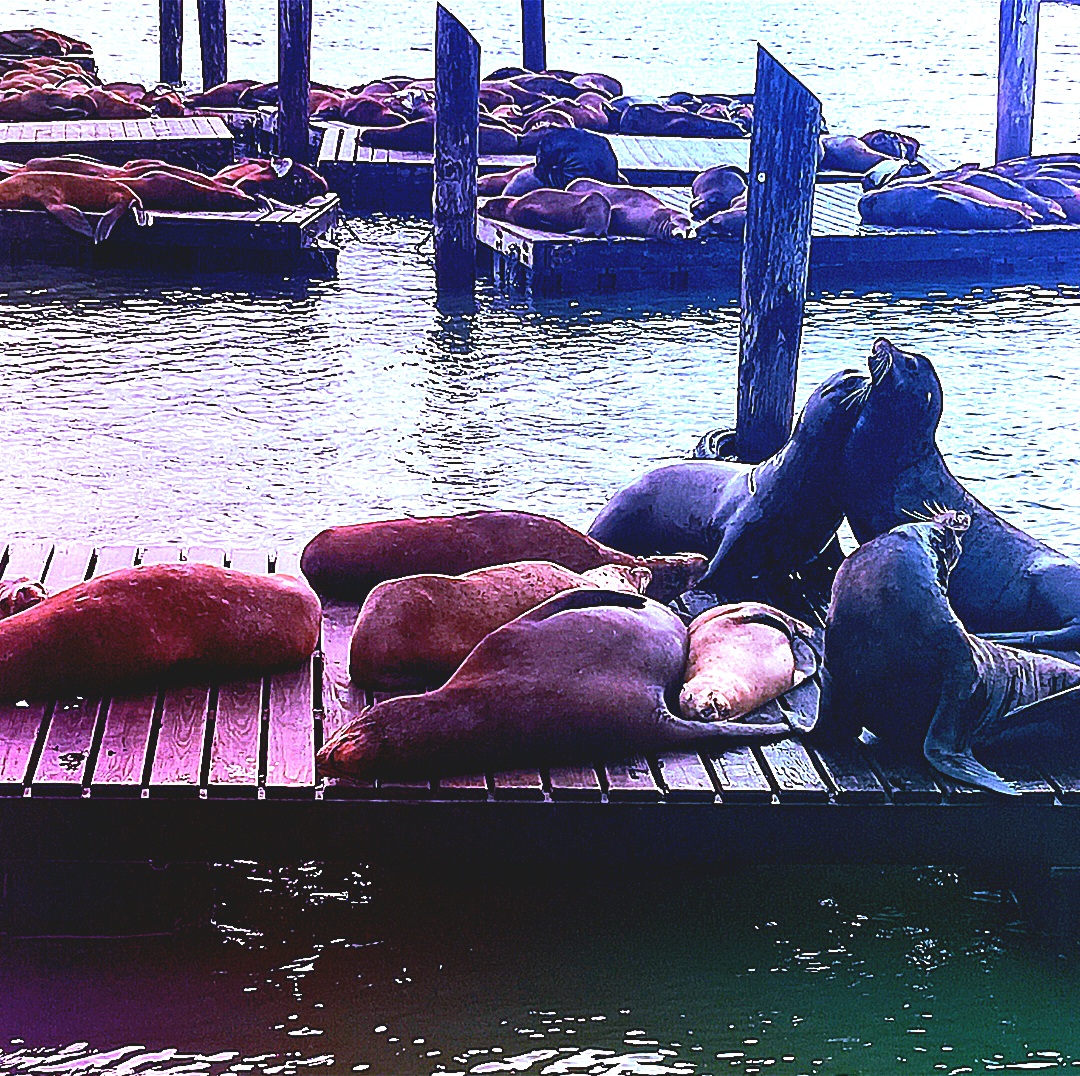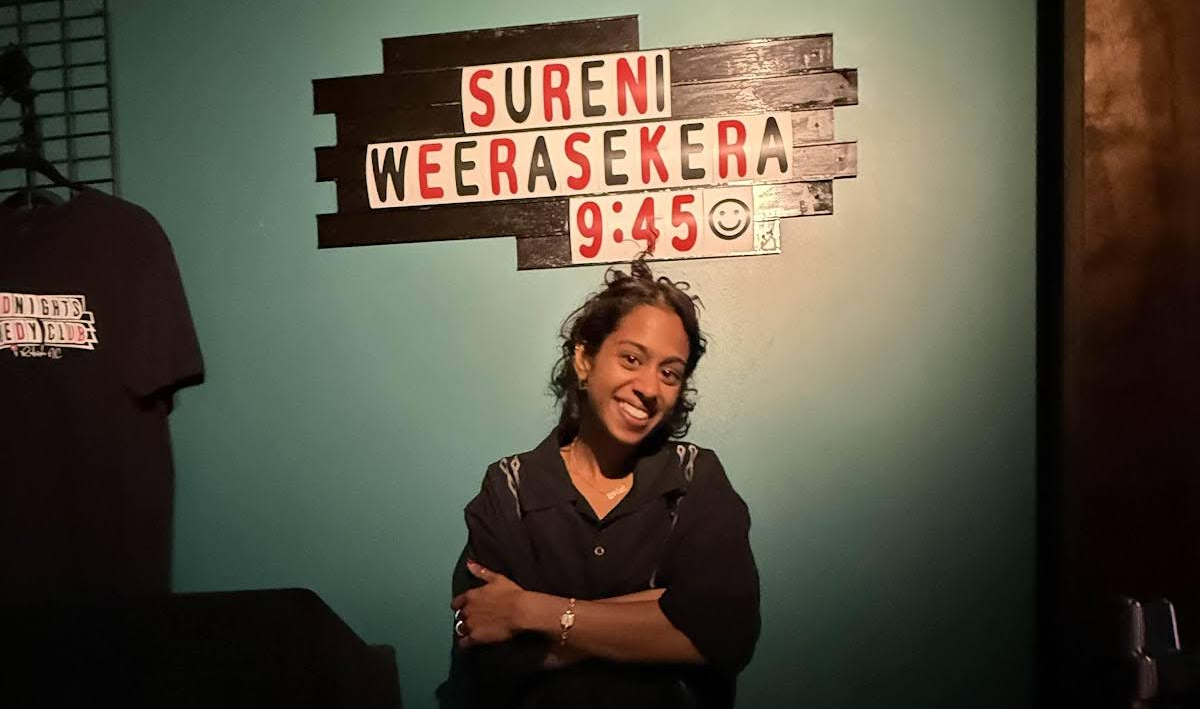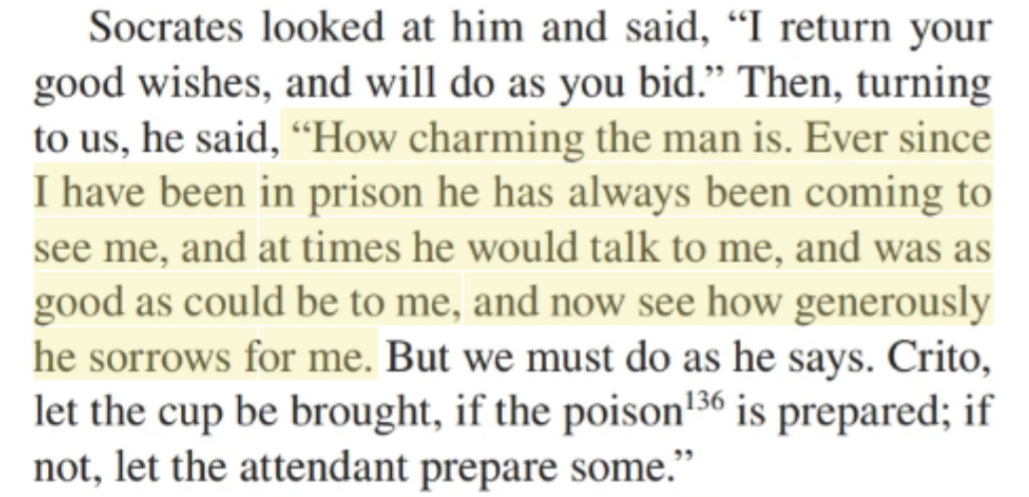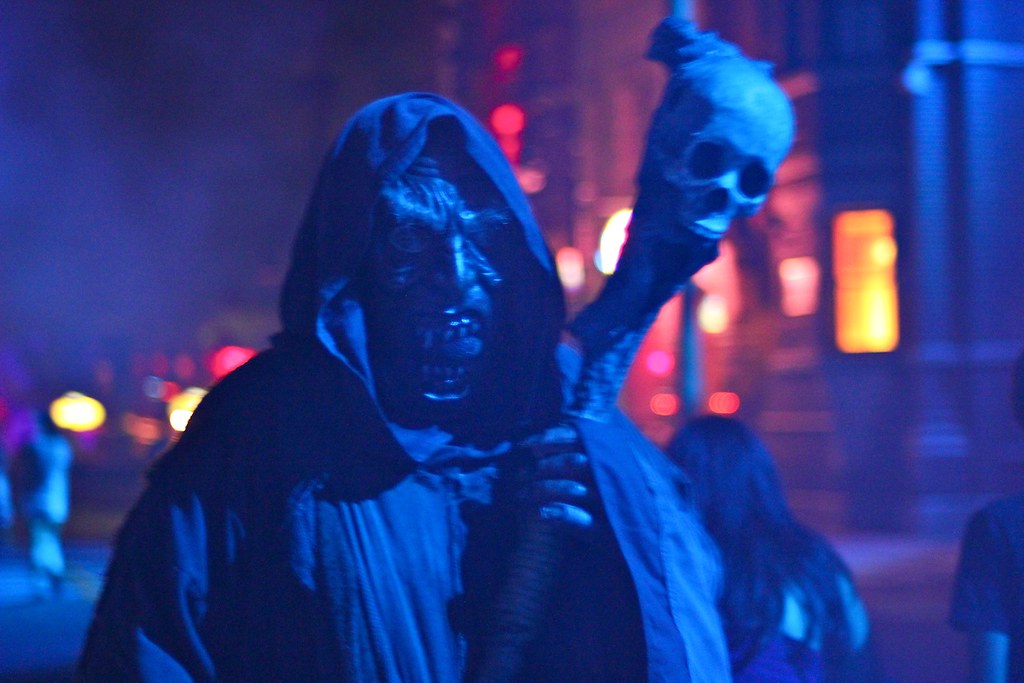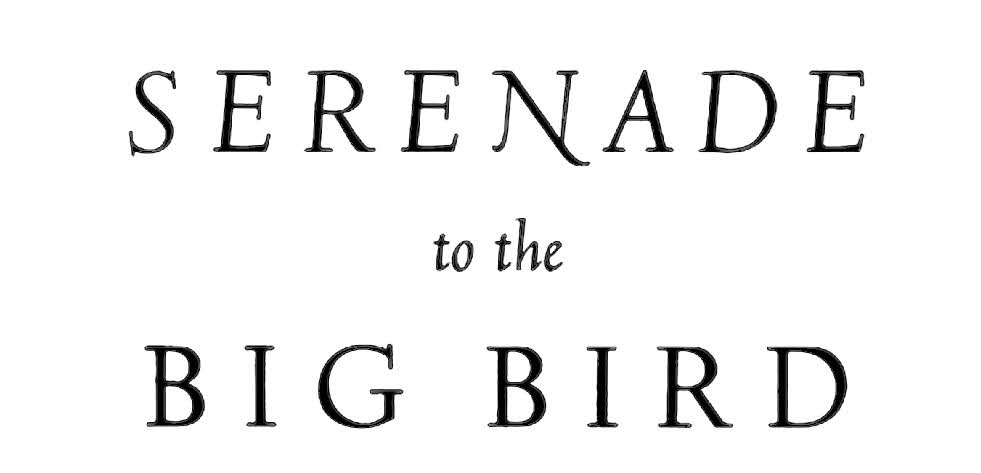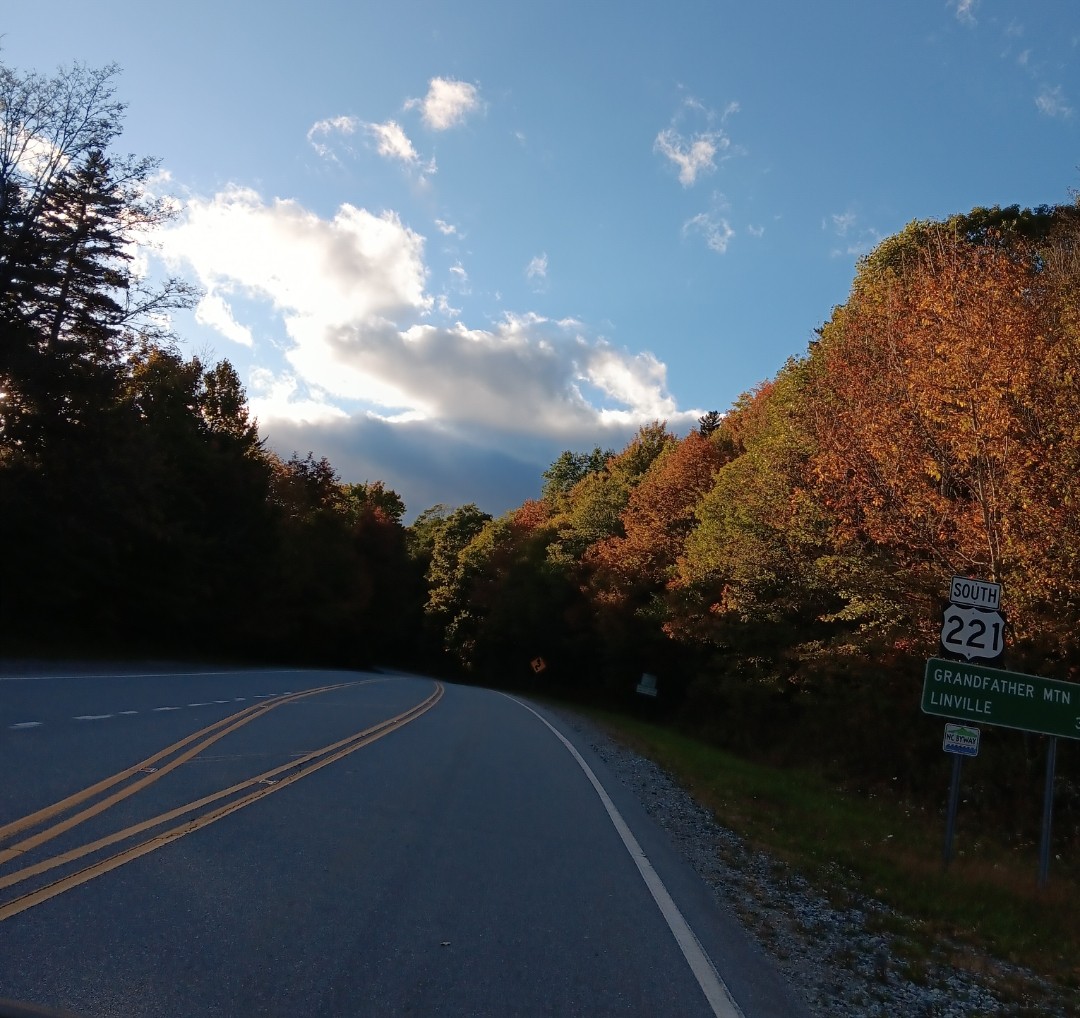Have you ever heard the saying, “the cameraman never dies?” The phrase is a viral internet meme that Reddit popularized in 2020.
The joke references survivorship bias, a logical error in studies where statisticians only collect data on entities who ‘survive’ their trials, while ignoring those who do not. But for internet-users who enjoy videos of daring stunts and perilous expeditions, “the cameraman never dies” is a comforting mantra to repeat as their favorite YouTubers barely finesse death on camera.
By nature, war memoirs are very similar. Only someone who survives a war can publish an account about it, no?
Background
“Serenade to the Big Bird” is an unfinished WWII memoir written by American author Bert Stiles through 1943 through 1944. He was a B-17 copilot, serving in the 401st Bomb Squadron, 91st Bomb Group for the U.S. Airforce.
On November 26, 1944, he shot down a Luftwaffe Fw 190s before his plane careened into the ground in Hanover, Germany.
I had skimmed past this fact written on page nine. When I finished “Serenade to the Big Bird,” flipping to find more, a chill raced down my spine when I realized that there wouldn’t be.
